Physiotherapy
What is physiotherapy?
Physiotherapists help improve quality of life
Physiotherapists help you get the most out of life. They help you recover from injury, reduce pain and stiffness, increase mobility and prevent further injury. They listen to your needs to tailor a treatment specific to your condition. As first contact practitioners, you don’t need a doctor's referral to see a physiotherapist. Physiotherapists, doctors, and other health professionals will often work as part of a team to plan and manage treatment for a specific condition.
- Source: The Australian Physiotherapy Association
Consults & Classes
We offer physiotherapy consults 1:1, classes 1:3, massages and hydrotherapy.
Putting the therapy into physiotherapy
There are times where a physiotherapist feels more like a therapist. Where therapy seems more important than Physio. It’s only natural when people experiencing pain consult with someone who is willing to help relieve their suffering. Physiotherapists not explicitly trained through university studies to provide counseling or psychological advice so many physiotherapists especially those more experienced Will describe how they wish they had more formal training in psychology, counseling and the cognitive or rather emotional side of recovery.
This article will reference and provide a rough as guts description of the psychological schools, actors or principles that we discuss at Exercise Thought.
Teleology is an approach that we prefer to use rather than the 80 elegy commonly used in medicine and other biomedical models. Physiotherapist are often trained in 80 ologies which stipulates that for every pain or problem there is a cause from which the former arises. In teleology, however, the reason for a pain or problem is to serve a grander purpose. That is, pain and problem enters our lives to make us, others and the world around us better. The Buddhist even say that pain is suffering. Or is it that the Buddhist say life is suffering? By the way, some people derive pleasure from pain. Some people find that pain enables them to get to where they want to go. We describe these people as scientists or Mac mass assists. We see people throw themselves into strenuous exercise while they simultaneously throw caution to the wind. Abandoning any doubt or thought for the path of future they absorb themselves in vigorous and one could even say dangerous intensities and Volumes of Exercise which, while increasing the risk of injury, provides a psychological decompression and opportunity to vent frustrations, anger and perhaps even provides calm.
Philosophically speaking, teleology says that phenomena, such as pain, serve a purpose and therefore have a reason for entering our lives. See you logically speaking, teleology suggests that there is design and purpose in the material world.
Logo therapy is another form of psychological approach which we consider at Exercise Thought. Please know, any psychological experts reading this article, we are welcome to your feedback in guidance as we recognize that we are not well-versed in this psychological space. Viktor Frankl is credited to have developed a Logo therapy during his time as a an intern within the Nazis concentration camps. Given Francos upbringing in Jewish culture, it may be considered that logotherapy has deeper roots in the Jewish faith where, as a Jewish physiotherapist and friend of mine often describes, the Jewish faith is typified by us celebrating or rather commiserating bad things that have happened by having a feast. Look at therapy emphasizes a focus on the future and an ability to endure hardship or suffering while pursuing a search for purpose. Of course, it’s difficult to know how much of what we currently define as logotherapy would be approved by Franco himself. Franco did describe Lego therapy as the third Viennese school of psychotherapy along with Freud‘s and atlas approaches.
Our Services
Would you like to know more about your injury? Perhaps you’d like to learn about the conditions we often treat? Scroll through the headings, follow the links and help yourself to 100’s of pages of freely available information.
-
Would you like to know more about some of the common treatments we offer at Exercise Thought?
-
Read more about some of the common osteotherapy treatments Exercise Thought offers.
-
Read more about some of the injuries Exercise Thought treats.
-
Read more about some of the injuries Exercise Thought treats.
-

“Do something today your future self will thank you for”
-John L. Scott


